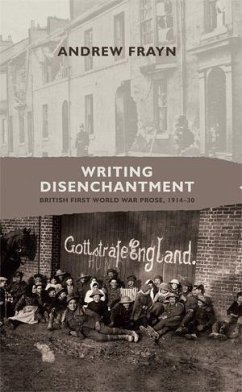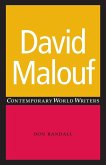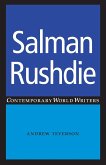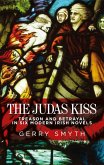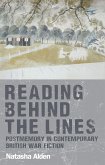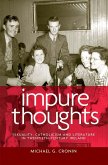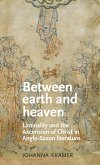Writing disenchantment analyses the phenomenon of literary disenchantment after the First World War. In this study, Andrew Frayn argues that it is not only a response to the conflict, but a condition of industrial, urban modernity whose language is used in writing both combatant and civilian accounts of wartime experience. The beliefs which are negated must also be kept in mind: courage, faith and honour were not wholly eradicated by the war. This is the first detailed account of what it means to be enchanted and disenchanted in war literature. First World War literature is situated in the context of theories of decline, decay and degeneration. Critics such as C. F. G. Masterman, Oswald Spengler and Max Weber are invoked to demonstrate the development of these ideas from the mid-nineteenth century alongside mass culture. Authors responded critically to the conflict from its earliest days, but such expressions were tacitly, sometimes even officially circumscribed. The rise of disenchantment to become the dominant narrative of the war is charted from stories of pacifism and conscientious objection to the harsh criticisms of the war, and the structures of modernity that enabled it, in the War Books Boom of 1928-30. This shift is traced in texts, manuscript material, sales and review data. This book discusses modernist authors such as Ford Madox Ford, D. H. Lawrence and Virginia Woolf alongside middlebrow authors from H. G. Wells to Rebecca West and long-forgotten bestsellers. These sometimes jarring juxtapositions show the strained relationship between enchantment and disenchantment in the war and the subsequent decade.

